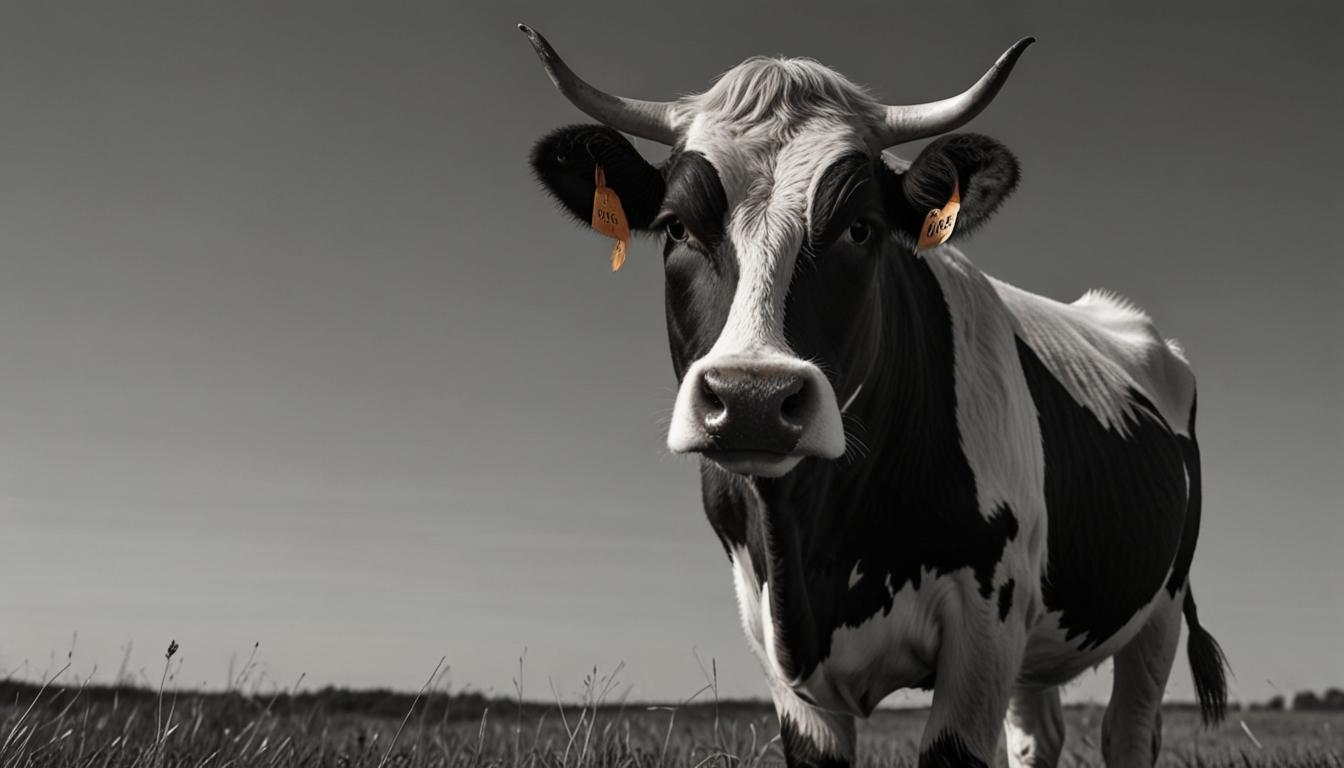Denmark plans to impose a tax on methane emissions from livestock farmers, aiming to reduce greenhouse gas levels by 70% from 1990 levels by 2030. The tax will start at 300 kroner per ton of carbon dioxide equivalent and increase to 750 kroner by 2035, with an effective cost after deductions. This landmark move is expected to be supported in parliament and could lead to a more sustainable food industry post-2030.
Denmark has announced it will implement a tax on greenhouse gases emitted by livestock farmers beginning in 2030. This initiative targets methane emissions from cows, sheep, and pigs, aiming to decrease Danish greenhouse gas levels by 70% from 1990 levels by 2030.
Taxation Minister Jeppe Bruus stated that the tax will start at 300 kroner ($43) per ton of carbon dioxide equivalent and increase to 750 kroner ($108) by 2035. Due to a 60% income tax deduction, the effective cost per ton will be 120 kroner ($17.3) initially and 300 kroner ($43) by 2035.
Methane, 87 times more potent as a heat-trapping gas compared to carbon dioxide over a 20-year timescale, is a significant concern. Livestock is responsible for approximately 32% of human-induced methane emissions, according to the U.N. Environment Program. Methane from cows primarily comes from digestion processes and manure ponds.
This taxation deal, reached between the center-right government and various stakeholders, is seen as a landmark move. The Danish Society for Nature Conservation called it a “historic compromise,” anticipating a more sustainable food industry post-2030.
Denmark, a major dairy and pork exporter with roughly 1.48 million cows as of June 2022, anticipates passing this tax in the parliament where it is expected to gain broad-based support.
New Zealand had considered a similar law, slated for 2025, but it was retracted after criticism and a governmental shift in 2023. Denmark’s approach is seen as pioneering in taxing agriculture for its CO2 impact.



